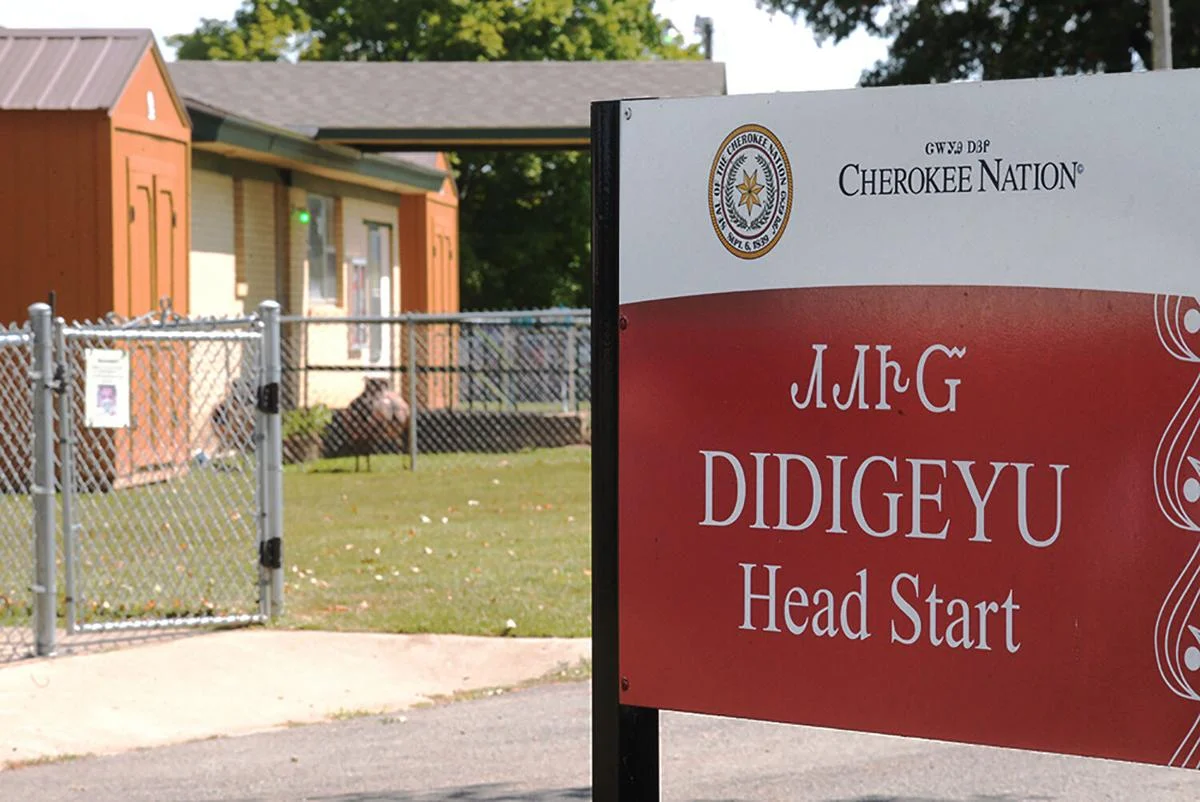
- Details
- By Chuck Hoskin Jr
Guest Opinion. Cherokee people are amazingly resilient. Our tribe stayed together through the ages despite hardships, including European arrival, forced removal, economic downturns, and attacks on our sovereignty.
Our resolve and our spirit of Gadugi are core strengths when facing hardship, but after the storm passes, we rely on our intellect to recover, rebuild stronger and prepare for the next test.
Resiliency is as much about responding to minor stresses as it is reacting to major shocks. My administration and the Council of the Cherokee Nation are focused on addressing stresses Cherokee families face, so that we are prepared when the next storm arrives.

Time and money are in short supply for growing families. We know that Cherokee families who spend more on housing have less money in the budget for food and health care. Whether it’s housing costs, health care needs, food access or educational outcomes, our priority is alleviating those stresses before they worsen into crises.
The United States is facing a child care crisis. About half of children under 5 years old in the U.S. live in a child care desert, defined by the Center for American Progress as an area where child care is out of reach due to proximity or cost. Meanwhile, two-thirds of children under age 6 have all available parents in the workforce.
A 2022 Cherokee Nation study examined early childhood education needs throughout the Cherokee Nation Reservation, identifying areas for needed investment.
Recently, I joined Cherokee Nation leaders in Catoosa to break ground on a child development center for the Catoosa community near the Hard Rock Hotel & Casino Tulsa, one of our largest employment centers. The $25 million investment will offer 10 classrooms for children, ranging from a few weeks old until they’re ready for kindergarten. Additionally, the facility will have two motor-skills rooms that will double as storm shelters, a full commercial kitchen and administrative office space.
Child care is a growing obstacle for Cherokee families. Parents are driving farther and spending more to ensure their children are learning and safe while they work. Unfortunately, some families are faced with a choice between their career aspirations and the best available care for their children. That’s no choice at all and not one we want Cherokee families forced to make.
The Catoosa groundbreaking is a piece of Cherokee Nation’s strategic investments into health care, child care and education, all aimed at removing obstacles standing in the way of Cherokee families.
Cherokee Nation has long invested in early childhood education, including its Head Start programs, which were first started in 1978. We now serve more than 900 students at seven locations. Earlier this year, we reauthorized the Verna D. Thompson Early Childhood Education Act, which provides $80 million to replace aging Head Start centers across the Cherokee Nation Reservation.
In addition to our Head Start programs, Cherokee Nation recently began building a child development center in Sallisaw, upgrades to a center in Stilwell, and a new facility in Pryor that combines Head Start and child development center services.
Beyond just child care, we’ve become a leader in health care and education, where we’ve seen incredible progress from historic investments. Healthier citizens with higher educational achievement get more time and money in their family budget to focus on tomorrow.
All of these investments are designed to continue our tradition of resilience as we unleash the potential of the Cherokee people in the decades ahead.
Chuck Hoskin, Jr. is the principal chief of the Cherokee Nation.
More Stories Like This
The SAVE America Act Threatens Native Voting Rights — We Must Fight BackThe Presidential Election of 1789
Cherokee Nation: Telling the Full Story During Black History Month
Jesse Jackson Changed Politics for the Better
Native News Online at 15: Humble Beginnings, Unwavering Mission
Help us defend tribal sovereignty.
At Native News Online, our mission is rooted in telling the stories that strengthen sovereignty and uplift Indigenous voices — not just at year’s end, but every single day.
Because of your generosity last year, we were able to keep our reporters on the ground in tribal communities, at national gatherings and in the halls of Congress — covering the issues that matter most to Indian Country: sovereignty, culture, education, health and economic opportunity.
That support sustained us through a tough year in 2025. Now, as we look to the year ahead, we need your help right now to ensure warrior journalism remains strong — reporting that defends tribal sovereignty, amplifies Native truth, and holds power accountable.
 The stakes couldn't be higher. Your support keeps Native voices heard, Native stories told and Native sovereignty defended.
The stakes couldn't be higher. Your support keeps Native voices heard, Native stories told and Native sovereignty defended.
Stand with Warrior Journalism today.
Levi Rickert (Potawatomi), Editor & Publisher

